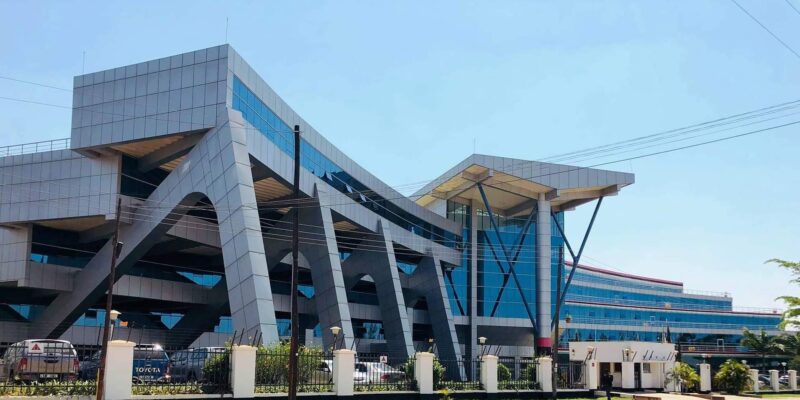Energy Regulation Board (ERB) has approved ZESCO’s proposal to maintain the cost of the first 200 units per month for Residential customers to safeguard the lifeline consumers.
The Board has also accepted the proposal to end the emergency tariffs that expired on 31st October 2025.
The approved tariffs, which take effect from today, 1st November 2025, will remain in force until 31st October 2026.
On 10th October, 2025, ZESCO Limited made an application for an electricity tariff adjustment premised on the need for sustainable tariffs that would replace the emergency tariffs with an expiry date of 31st October 2025.
In its decision, the ERB accepted the utility’s proposal to discontinue the six-tier emergency tariff and revert to the four-tier structure under the Multi-Year Tariff Framework (MYTF).
In a statement, Board Chairperson James Banda revealed that the ERB has also approved the resumption of the MYTF, initially delayed due to the power deficit, but introduced several modifications to ensure fairness and sustainability.
He said the Board has also accepted ZESCO’s proposal to resume implementation of the multi-year tariffs.
“ERB accepted ZESCO’s proposal to resume implementation of the multi-year tariffs with the following modifications: Removal of fixed charges on the distribution and maximum demand customers’ tariff categories; maintain the tariffs for Commercial, Social services and Water pumping customers.”
“Additionally reduce the cost of W4 from K1.72/kWh to K1.50/kWh; ensure that the approved revenue structure does not compromise, ZESCO’s revenue requirement,” he said.
As a result of the ERB approved tariffs, residential customers will see a 46% reduction in the highest tariff band, from K6.39 per kilowatt-hour to K3.45, while lifeline customers will continue to benefit from subsidized rates for the first 200 units consumed monthly.
Mr. Banda however, revealed that the ERB rejected ZESCO’s proposal to introduce a Standard Residential Tariff for all other customers not qualifying for the Lifeline category.
“This is because ZESCO’s proposed Lifeline implementation mechanism based on geographical location does not ensure Page 2 of 3 Note: Therefore, ZESCO has been directed to undertake further studies to develop a more practical and equitable approach,” Mr. Banda stated.
He added that tariffs for commercial, social services, and water pumping customers have been maintained, with the W4 water pumping tariff reduced from K1.72 to K1.50 per kilowatt-hour to support access to clean and safe water.
ZESCO is required to submit a True-Up Report to the ERB before any future tariff adjustments are made.



